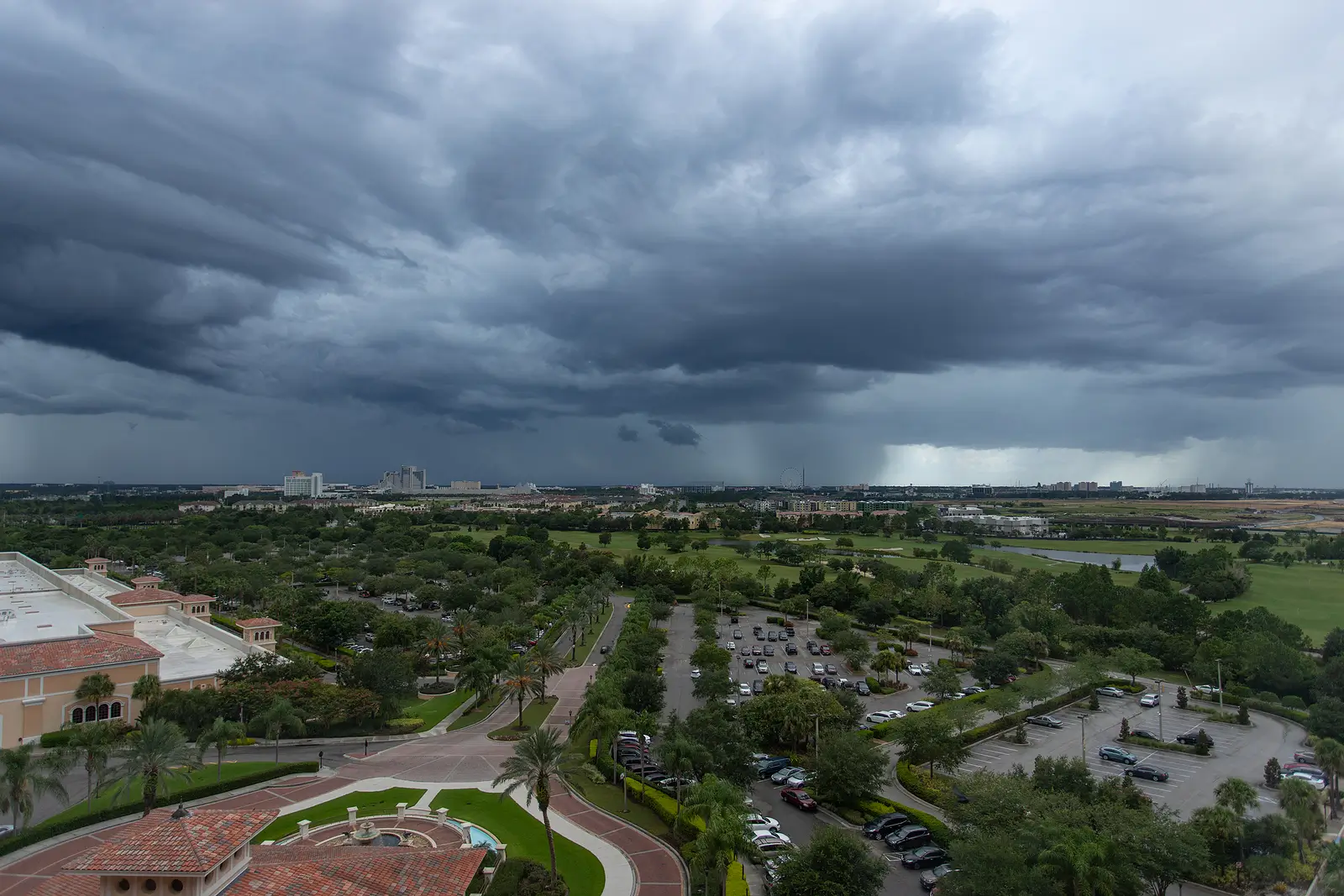Having a proactive mindset during hurricane season in Orlando is the best way to keep yourself out of harm's way. And while personal safety comes first, ensuring your property is storm-ready is just as important—and a trusted property management company like Re/Max 200 Realty can help handle those critical preparations for you.
Continue reading this practical guide and be confident about the safety measures you've accomplished for you, your family, and your property.
1. Create a Hurricane Plan
Developing a hurricane plan is crucial for ensuring the safety of your family and property. It should include your evacuation plan, routes, shelter locations, emergency contacts, transportation options, and a family meetup plan in case you get separated.
There is a specific emergency management program for citizens, businesses, and tourists in every Florida county. Everyone is encouraged to regularly check their county's page for the most recent and locally relevant information.
Florida's Division of Emergency Management provides more hurricane preparedness tips at FloridaDisaster.org. It’s also the best source for up-to-date information when a hurricane watch or tropical storm warning is issued.
2. Secure Your Home and Property
Learn how to protect your house from flooding, storm surges, and damaging winds. By being proactive now, you can reduce property damage and facilitate recovery following the storm.
Pre-Season Preparation (Do these well before a hurricane or tropical storm is forecast)
- If at all possible, use straps or clips to firmly attach your roof to your home's framework.
- Put reinforcement on your garage doors.
- Clear the rain gutters and trim any trees and plants.
- Consider installing a generator or preparing alternative power sources in case of an outage.
Last-Minute Actions (Do these immediately when a storm is approaching)
- Everything that is not secured, such as decorations, trash cans, and outside furniture, should be brought inside.
- Use wood shutters or hurricane shutters to cover all of your windows. Be advised that while tape can stop glass from breaking everywhere, it cannot stop windows from breaking.
- Keep away from windows and doors in the event of hurricane-force winds, and close, secure, and brace interior doors.
3. Follow Emergency Response Protocols
During a hurricane, staying safe requires close attention to official updates. Follow the instructions of local officials, stay informed through severe weather alerts, and be ready to evacuate if needed. Though frequently overlooked, this is equally crucial: Stock up on drinking water, cash, and gas, and make sure your cell phone and other communication devices are charged in case of a power outage.
You must have an emergency kit that you can take with you if you are forced to evacuate or if you're stranded at home and are still affected by the tropical storm conditions. Florida's Division of Emergency Management provides a complete disaster supply kit checklist that everyone can download.
4. Plan for Recovery and Relief
Look after your loved ones and yourself, and if necessary, get help. While recovering, exercise patience, adaptability, and readiness for the difficulties that lie ahead. You can get assistance through Florida's Recovery Bureau, which seeks to maximize disaster assistance to qualified public entities, individuals, and families through state and federal relief programs.
Be cautious around downed power lines or standing moving water, and never touch electrical equipment that may be wet or submerged. Report hazards promptly to the authorities.
5. Stay Informed and Aware
Hurricane preparedness requires keeping up with emergency information, alerts, warnings, and weather forecasts as well as routinely checking local news and weather forecasts. Your mobile phone is your lifeline, so keep it charged at all times. Having a backup power source, like a generator or extra batteries, makes it easier to stay in touch when there is no power.
You can also monitor updates from the National Hurricane Center to better understand forecasts, tropical cyclone developments, and when a hurricane warning might be issued.
Hurricane Readiness Starts Now
Hurricane season in Orlando demands preparation, awareness, and quick action. By following these five steps, you’re not just protecting your property when disaster strikes—you’re safeguarding what matters most.
Start preparing today, and let Re/Max 200 Realty support your efforts every step of the way. Contact us now to schedule a free consultation!
FAQs
1. When is hurricane season in Orlando?
The Atlantic hurricane season begins on June 1 and runs up to November 30, with peak activity in August and September.
2. What should go in a basic hurricane kit?
Include non-perishable food, water, flashlights, batteries, first-aid supplies, hygiene items, and a charged phone or power bank.
3. How can I protect my home?
Reinforce roof and doors, clear gutters, trim trees, bring in loose outdoor items, and use storm shutters if possible. Don't forget to secure patio furniture and store propane tanks safely.
4. Where can I get official updates?
Follow local officials, tune in to local news, and visit FloridaDisaster.org or the National Hurricane Center for alerts, maps, and forecasts.




